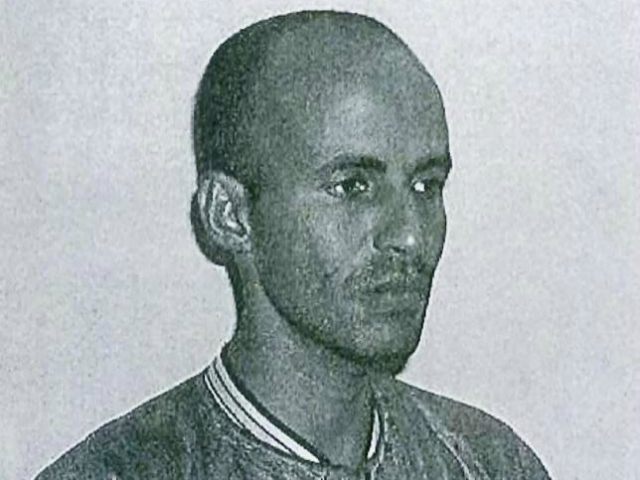The U.S. Attorney’s Office for the Eastern District of New York announced a guilty plea in the December 2000 murder of diplomat William Bultemeier in Niger.
According to Thursday’s press release, defendant Alhassane Ould Mohamed, also known as “Cheibani,” and a co-conspirator accosted a group of employees of the U.S. Embassy in Niger as they departed a restaurant on December 23, 2000.
Using an Ak-47 and a pistol, Mohamed and his partner tried to force Bultemeier to hand over the keys to his vehicle, which had U.S. diplomatic plates. When the embassy’s Marine detachment commander, Staff Sgt. Christopher McNeely, came to Bultemeier’s assistance, they were both shot by the assailants, who proceeded to steal the car.
“Mr. Bultemeier died of the injuries inflicted by the gunshot wounds. Staff Sergeant McNeely survived the shooting, and later retired from the Marine Corps as a Master Sergeant,” says the press release.
Mohamed, 46, who is a citizen of Mali, entered his guilty plea at the federal courthouse in Brooklyn, New York. He will be sentenced in April and has agreed to a term of 25 years in prison.
There is a long story behind the oddly delayed guilty plea in this 15-year-old murder case. The Washington Post reported in March 2014 that Mohamed was arrested in Mali just two days after Bultemeier was shot, but escaped in 2002.
He was then picked up by Mali police again in 2010, in connection with the killing of four Saudis in Niger. He was extradited to Niger and convicted of the Saudi deaths, receiving a 20-year prison sentence, but he escaped again in 2013, after suspected Islamist militants attacked the prison where he was being held. He was finally caught by the French in Mali, who extradited him to the United States.
The U.S. Attorney’s office in Brooklyn has been working on the case since 2012, producing an indictment against Mohamed in 2013, but he proved very difficult to prosecute, after initially pleading not guilty in March 2014. Presumably the difficulty of building a case from Niger for a crime that occurred so long ago was a factor. The Washington Post reports that an assistant U.S. attorney in Washington once wrote a memo arguing that Mohamed could never be prosecuted successfully.
Evidently the diligent efforts of prosecutors and the FBI finally paid off with Mohamed’s guilty plea.
“An attack on U.S. government personnel, whether domestic or abroad, is an attack on the United States,” FBI Assistant Director-in-Charge George Venizelos declared, in a statement quoted by Reuters. “This case should send a clear message to all fugitives: The U.S. Government will not rest until they are brought to justice for their crimes.”

COMMENTS
Please let us know if you're having issues with commenting.